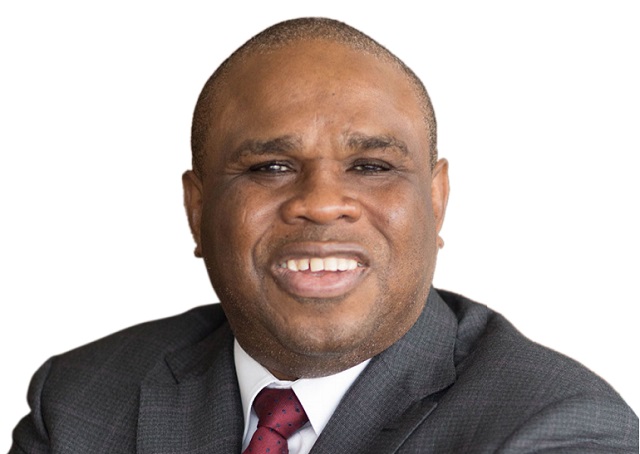
Professor Benedict Oramah wears many hats. He is the President of the Africa Export and Import Bank (Afreximbank), the Chairman of the Board of Trustees of the African Union COVID-19 Response Fund and a member of the African Vaccine Acquisition Task Team (AVATT), an initiative of the AU Commission and its partners to provide Africans access to COVID-19 vaccines.
Against the backdrop of the start of distribution of 400 million vaccines to African countries, Africa Renewal’s Kingsley Ighobor interviewed Prof. Oramah on Africa’s vaccination needs and procurement challenges; and actualizing the goal of manufacturing pharmaceutical products on the continent.
As Africa battles the COVID-19 pandemic, what role will a successful vaccination programme play in recovery?
The panacea for economic recovery is vaccination. You cannot talk about recovery without vaccinating our people. No matter what policy or what facility you put in place, without dealing with this fundamental problem, it’s going to go to waste because you may give a country a facility today, and tomorrow they lock down the economy. Already, our [Afreximbank] board approved a $2 billion facility that made it possible for the African Vaccine Acquisition Task Team [AVATT], through the African Vaccine Acquisition Trust, to acquire 400 million doses of Johnson & Johnson vaccines.
As you know, even today, you cannot talk to vaccine manufacturers without money behind you. What we did as Afreximbank was to make it possible for the AU members to procure the vaccines through AVATT. We believe those vaccines will be delivered starting this week.
Yes, successful vaccination will trigger a post-pandemic recovery in the coming months.
Regarding the 400 million vaccines you just mentioned, that’s with the support of the World Bank. Is that correct?
We [AVATT] put the structure in place that made it possible for others to come and support us. You see, the World Bank’s approach is to deal with individual countries. But you cannot tell a small country to negotiate with vaccine manufacturers, the manufacturers will not pay attention. It’s about money.
And so, the AVATT team created a structure for pooled procurements. We negotiated 400 million doses, but you cannot negotiate 400 million doses worth billions of dollars without money and the World Bank will not engage in a pooled procurement. So, we had to provide the support and make a down payment of $330 million. Based on that, the World Bank came in to do what we always wanted them to do and that is provide support to individual countries to pay for the vaccines.
Therefore, the World Bank financing, which is cheaper than ours, is used to pay for those vaccines.
The 400 million J&J vaccines, in addition to the less than 100 million doses administered in countries in Africa so far, will not cover even half of the African population. Do you plan to procure more vaccines?
Let me explain: the AU said, through the Africa CDC, that to achieve herd immunity we needed to vaccinate 60 per cent of our population [or 800 million people]. That was the goal. But of course, the Delta variant has changed that calculus.
Africa was initially expected to receive vaccines for 30 per cent of its population through the COVAX facility. We knew we had to look for money for another 30 per cent. As a result, we procured 400 million doses for 400 million Africans. If COVAX provides vaccines for another 400 million people that would be 800 million Africans that could potentially be vaccinated
Is COVAX coming through on its promise?
Most of the doses were supposed to come from India, but at a point the country imposed an export ban that hampered deliveries. So, there have been some disappointments and other issues. I’m not an expert in these, but there is now a realization that something must happen quickly so that COVAX can deliver on the promises made, otherwise, Africa will continue to lag behind on this.
Are you putting any pressure on COVAX for the 400 million doses promised?
There is a lot of pressure going on. To be fair, we are getting responses. The US government has made donations, some of which are being distributed. The French also announced some donations. We think that through these efforts, in addition to ours, we may get to the 60 per cent we are talking about. I must also thank the Mastercard Foundation that has donated, through AVATT, about 67 million doses worth $500 million.
Some countries have engaged in bilateral arrangements. Do you factor this into your distribution plan in terms of who gets what quantities?
No, we’re not running a donation, so to say. It’s COVAX that is making donations. We deliver what African countries order through us. Before the orders, I assume they have already factored in what they have, the donations they’re getting, and all that.
 The Independent Uganda: You get the Truth we Pay the Price
The Independent Uganda: You get the Truth we Pay the Price





